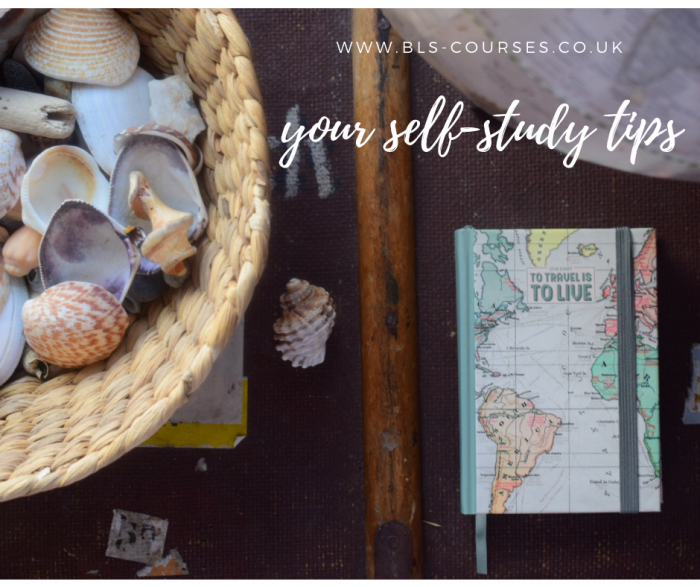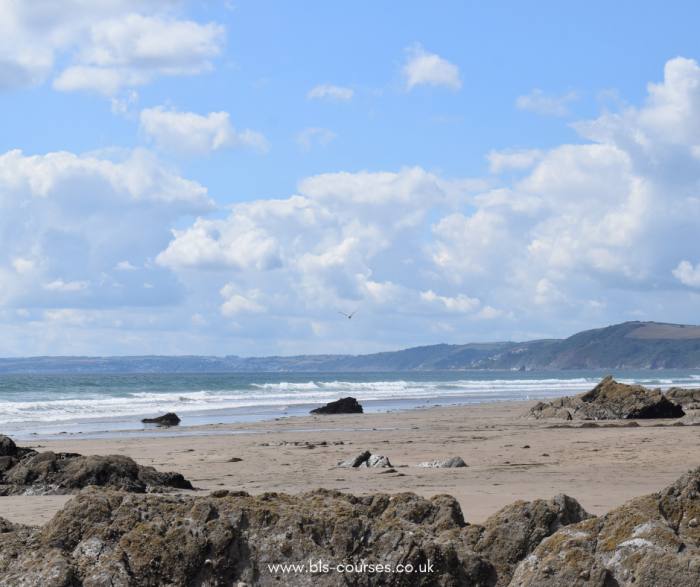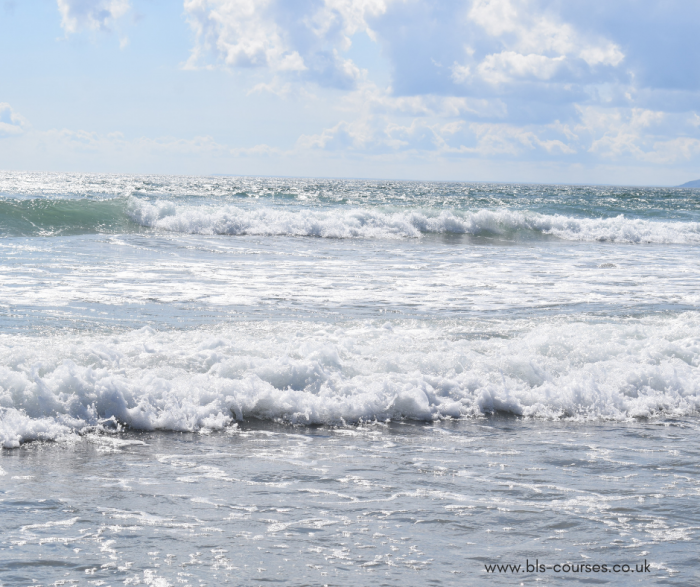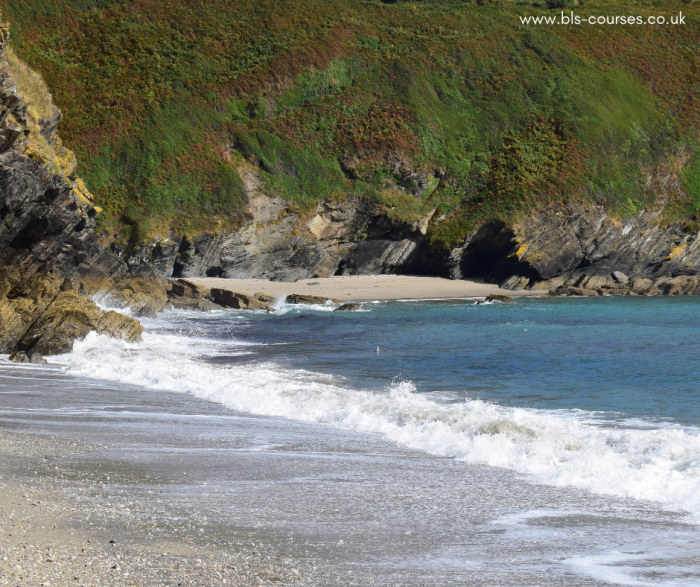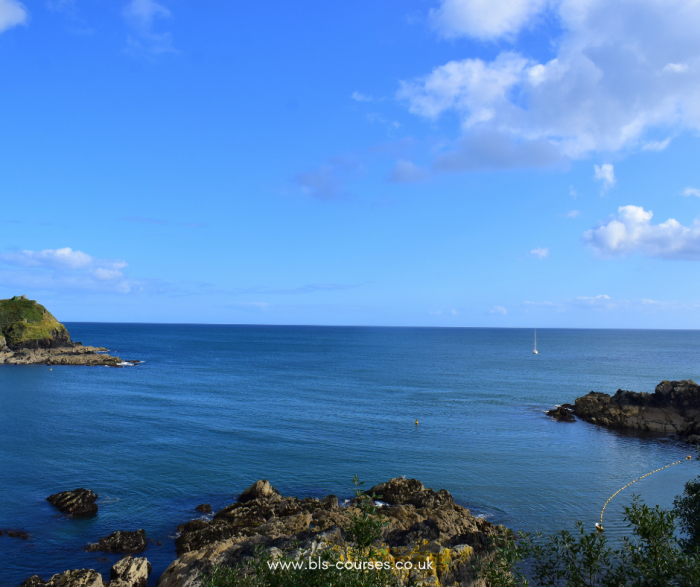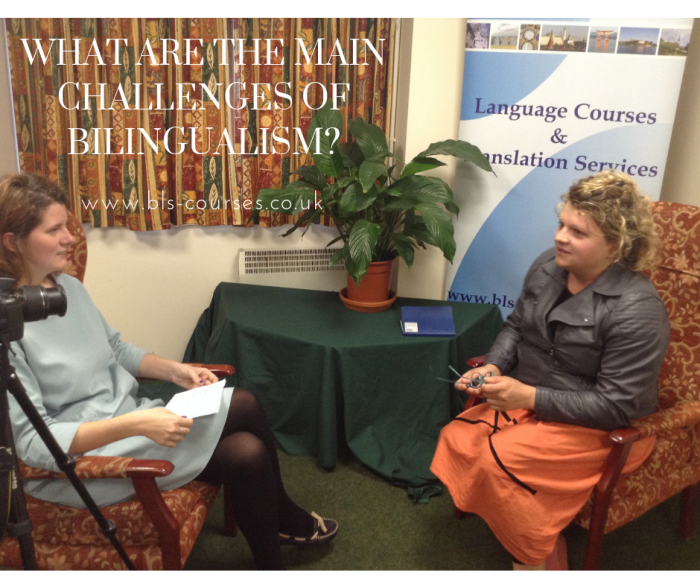The end of the year is fast approaching and we have all got a lot on our plates, juggling work and preparations for family celebrations or New Year festivities. There will be a break at the end of this BLS term and we will all need to keep up our language practice without the help of lessons. How can you keep up the momentum when you are learning a language, even if you don’t have a teacher to remind you to do your homework or a group to practise with? How can you keep up your drive to learn for a few weeks flying solo? This blog post gives you a few tips on how to maintain your language learning momentum when you have to manage it yourself and when you have other commitments too.
Little and Often
This article says: “Language learning is best when broken down into manageable goals that are achievable over a few months.” We fully agree that it is best not to overload yourself and try to read a whole textbook in one sitting. Our brains learn best when not required to concentrate for long periods of time, and when the knowledge is topped up regularly. Doing a few minutes of language learning each day and revising things you learnt last week makes sure what you learnt sticks in your head. Breaking the learning down into manageable chunks means you stay interested and motivated and you don’t lose concentration. Set yourself small, achievable, short-term goals that you can meet. Have a routine so that you know how and when to fit in your language learning. This will make you feel motivated to achieve those goals and give you a sense of achievement when you meet them. It will also keep the learning to a manageable amount.
Remind Yourself Why You Are Learning
We all have a reason why we wanted to learn our chosen language in the first place – it might be because we have friends who speak that language, a holiday home in the country where that language is spoken or ambitions of moving abroad to find work. Whatever your motivation, remind yourself of it regularly so you are spurred on to carry on with your learning. The same article that was quoted above recommends writing down the reasons why you are learning a language and sticking the list to the front of your notebook or folder. Turn to this in moments of doubt! You have a goal and you can achieve it.
Remember It’s Fun
In a previous blog post about how to improve your reading skills in another language, we recommended that you read things you enjoy reading in your first language – novels, newspaper articles or recipe books, for example. This applies equally to your listening and speaking practice – listen and sing along to songs you like or watch films you enjoy and practise the dialogues. If you do things you enjoy, you will be much more likely to want to continue and the knowledge will stick in your mind. You don’t want your language learning to be a chore, you want it to be a pleasure!
Travel
If you are able, use your end-of-year holiday time to go to the country where your new language is spoken – what better way to learn enjoyably? Maybe you have friends you can visit there or perhaps there is a place you have always wanted to explore. Seize the opportunity and use your language skills while you are abroad. You will also be hearing the language as it is spoken in real-life situations – which makes it more exciting!
Look Back at Your Progress
You have come a long way and learnt a lot since you started learning your chosen language. Take a moment to appreciate how much you have achieved and to congratulate yourself on your progress. This will make you feel motivated to continue because you can see that it is possible!
Have a look at this blog post if you need more inspiration. And most of all – have fun!
Suzannah Young
